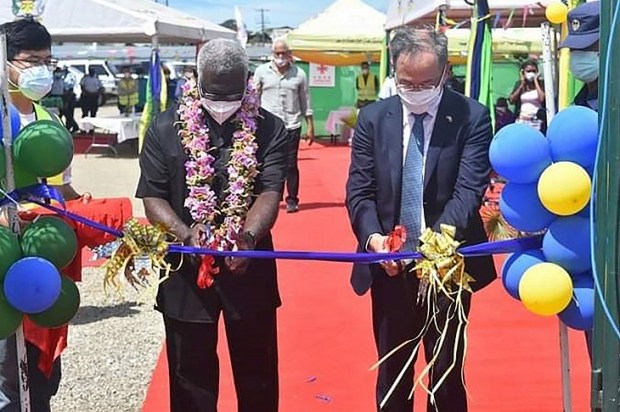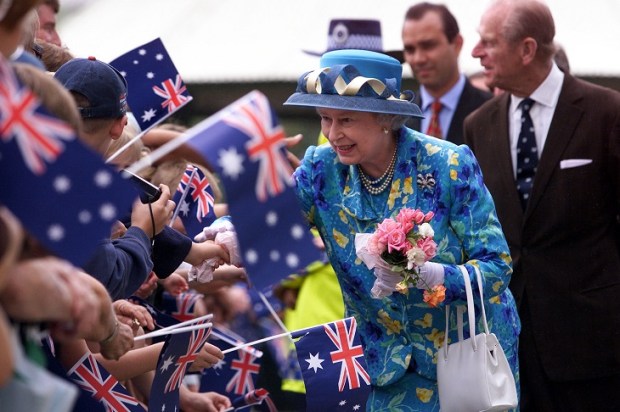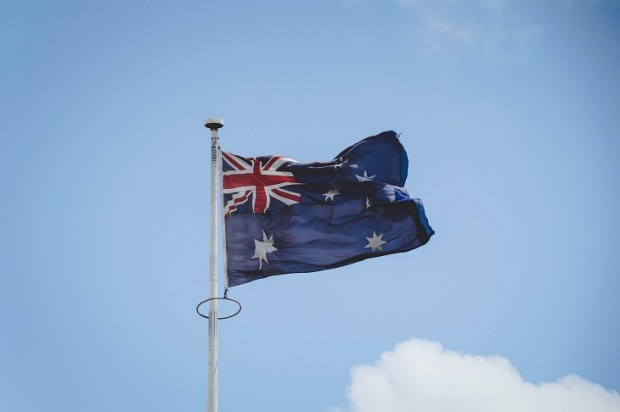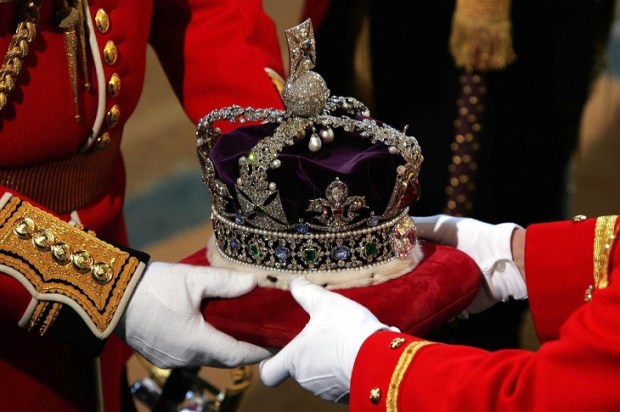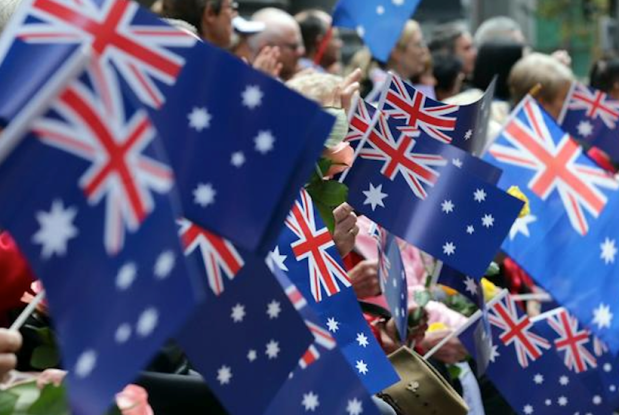This year, the Pacific Islands clearly featured much more vividly in Australian politics.
Near-state collapse in the Solomon Islands, matched with Beijing’s expedited regional advances for a multilateral South Pacific security agreement, highlighted the ongoing fragility – and even growing assertiveness – of Australia’s Pacific neighbours.
Other events also included a region-wide chorus of Pacific politicians seeking a symbolic climate change response from Australia, not to mention the widely beamed chaos of the PNG elections, amplified through smart phones and sound Australian and PNG journalism.
The US Vice President further ceded, in unprecedented rhetoric, the United States’ strategic neglect of the region, announcing a US ‘step up’ of its own – the delivery of a US South Pacific Strategy.
While we await the brick and mortar deliverables of Washington’s South Pacific ‘roadmap’, and as collective focus dwells on forums such as COP27, Australia can self-reflect on this year’s Pacific events to better ‘shape up’ for 2023.
This means re-vamping the Turnbull and Morrison governments’ regional ‘step up’ – enhancing links with the region’s 15 states, sharpening Australia’s tools of statecraft to counter Beijing and, at the very least, starting the delicate but important process of building a framework of reciprocal expectations among Pacific Island leaders.
PNG is, in many ways, the index patient of the Pacific Islands, meaning that it has shared challenges with its Pacific neighbours and, with seven-plus million people, it is large – bigger than New Zealand – and growing much faster than anticipated. The nation is regionally influential and is also Australia’s closest neighbour and largest aid recipient.
From this year’s troubled national elections three broad priorities have emerged for the Prime Minister James Marape and his cabinet colleagues.
First is the electoral system. Nothing damages faith in democracy like a lack of trust in electoral integrity – mass violence, burnt ballot boxes, incomplete electoral rolls. The Marape government will need to improve election security, update rolls and maintain a system that both works and broadcasts respectability to PNG citizens. PNG has done it before.
Second is strategic intent. Under the previous government of Peter O’Neill, despite its challenges, many people knew where PNG wanted to go – PNG in the Asian century, for example, or seeking to join ASEAN, host APEC 2018, and become more of a Southeast Asian player and not just a Pacific one. For Marape, this momentum needs to be reintroduced.
Third is the link between accountability and PNG politics. The University of PNG’s Michael Kabuni has observed that the role of a PNG politician is akin to a ‘walking ATM’, where personal networks are prioritised over law or policy making. While not a new observation of PNG politics, it is clear that PNG’s challenges, from climate change adaptation to fickle infrastructure, will need the implementation of good ideas versus servicing closed patronage networks.
Australia can respond by being more politically alive to these challenges but also being clear about what can and cannot be solved by Canberra. If we look at climate change response, for example, the 2019 Pacific Islands Forum communique noted this impeccably important clause from the region’s nominated civil society groups. ‘Larger, developed countries may be responsible for the accelerated rates of Climate Change impacts affecting our islands,’ they stressed, ‘but we, the people of the Pacific, are responsible for the manner in which we continue to engage – let us uphold our cultural values of truly nurturing our lands, seas and each other.’ [italics mine]
Australia’s Foreign Minister and foreign affairs apparatus will do well to move such ‘social contract’ sentiment from page twenty-two to page one. Whatever one thinks of the issue of climate change, at any scale, it will help to build local empowerment capacity, lay the groundwork for creative local infrastructure responses and service democratic outcomes. It may also be an important mechanism to help nudge the accountability of local political leaders – less ‘walking ATMs’, to use Kabuni’s term, and more sharpened responsive policymakers on the ground in Pacific states.
What Canberra can also do is to keep developing and seizing opportunities for Australian statecraft – using practical tools to create transformational objectives. As I wrote here, Australia has actually done quite well in this space over the past few years – underwriting Telstra’s acquisition of PNG’s Digicel communication network in response to Beijing’s commercial interest, responding to Huawei’s PNG Kumul submarine cable project via the trilateral US-Japan-Australia counter bid, and then-Prime Minister Kevin Rudd’s last-minute deal to secure offshore processing at PNG’s Manus Province.
All examples, while PNG-focused, point to fast and decisive government action, backed by Canberra, and serviced by Australians in regional operational roles. Paired with a more active US South Pacific presence – or at least a promise from the White House – this will be critically important.
Interestingly, at a state government level, the Queensland government has also made a decent move to establish a Pacific Islands Trade Commissioner and strategy – a first step in potentially linking the 2032 Games to Pacific states, while also stimulating opportunities where they will make the most sustainable, generational and long-run impact among Pacific islanders – the commercial sector.
Finally, there was other highly positive optimism to draw from in the Pacific this year – Samoa’s advancement to the final of the Rugby League World Cup final. We often forget about sport and how nations with very little can also do so much on the world stage. These events inspire people in a way like no other, offering optimism to a region that can, at times, be desperately in need.
Certainly, 2023 is the year for Australia to create a Pacific ‘shape up’. And, as some of us collectively hope, for Pacific leaders and citizens as well.
This piece is adapted from remarks delivered at a 22 November 2022 Australian Institute of International Affairs Queensland branch event. Sean Jacobs writes at www.seanjacobs.com.au.


